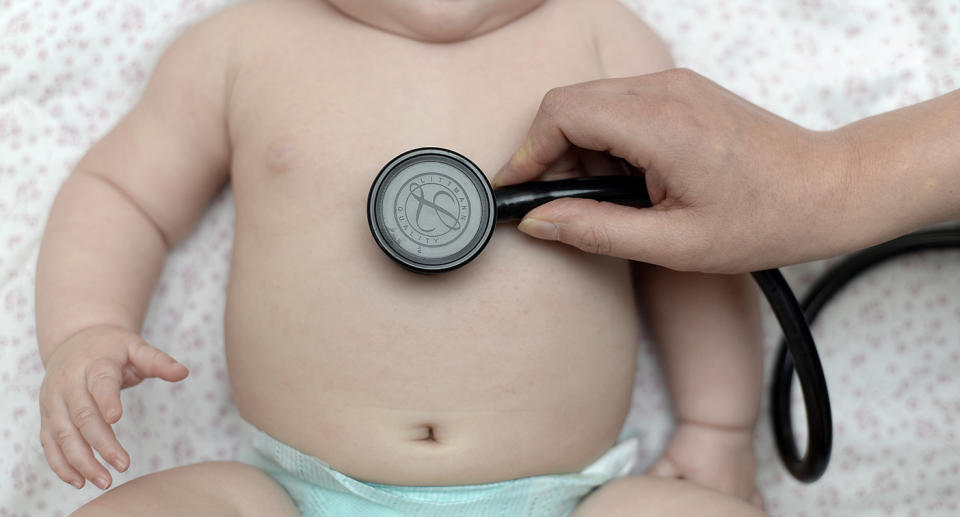Measles warning after baby with disease travelled to popular tourist spots
People are being urged to watch for measles symptoms after a baby who visited a number of popular Sydney tourist attractions was diagnosed with the illness.
New South Wales Health said the infant, who was travelling from South East Asia, developed the highly infectious disease shortly after arriving in the Sydney.
The child, who was not vaccinated, had travelled on public transport and to a number of the city’s tourist hot spots while infectious late last week.

They also travelled further south to Jindabyne, Perisher and Canberra Centre.
Bus on Friday, August 17 to and from Marayong and Blacktown station
Train on Friday, August 17 to and from Blacktown and Circular Quay station
Ferry on Friday August 17 to and from Circular Quay and Taronga Zoo wharf
Circular Quay, Opera House. Botanical Gardens, Darling Harbour and Chinatown on Friday, August 17
Siesta Villa East Jindabyne, Jindabyne and Perisher on Saturday, August 18
Papparich and Coles in Canberra Centre on Sunday, August 19
Lindt Chocolate Factory in Marsden Park on Sunday, August 19.
NSW Health says anyone who may have been in the same places on these days should watch for symptoms – which include sore eyes, fever and a cough.
A rash, which is blotchy and red, follows three or four days later.

Dr Vicky Sheppeard, Director Communicable Diseases NSW Health, explained: “The time from exposure to the disease to the onset of symptoms is typically about 10 days, but can be as long as 18 days so people should be alert to symptoms until September 6”.
Incredible moment pod of dolphins protect humpback whale and her calf
Daughter saves mum after she was pushed in front of oncoming train
According to Dr Sheppeard infants under 12 months who are not old enough to be vaccinated and young adults are the most likely to be susceptible to the illness.
“People in the 20-40 year age bracket may have missed out on the full vaccination program for measles – as it was changed in 1998 to include a national school based catch up – and mistakenly believe they are protected against the disease.
NSW Health warns of measles risk – watch for symptoms! The vaccine is free and safe to have a 2nd time. #vaccination #measles
Read more at https://t.co/Ara7re9Bbb pic.twitter.com/ZaOa6PpWMb— NSW Health (@NSWHealth) August 23, 2018
“The measles-mumps-rubella (MMR) vaccine is safe and highly effective protection against measles, and is available for free for those aged one to 52 from your GP.
“If you are unsure whether you have had two doses, it is quite safe to have another dose.”
Measles is spread in the air by an unwell person sneezing or coughing.
People with symptoms are urged to visit their GP and limit contact with others until their doctor has made a diagnosis.


